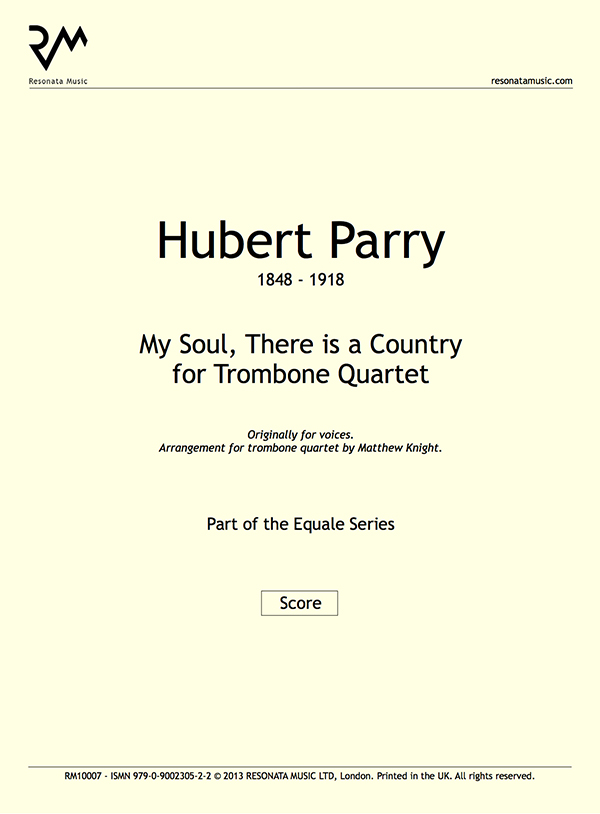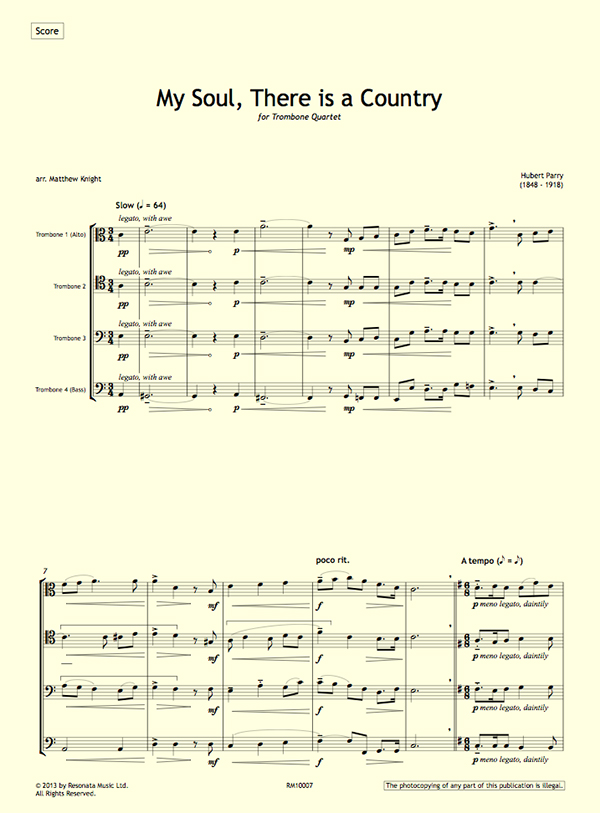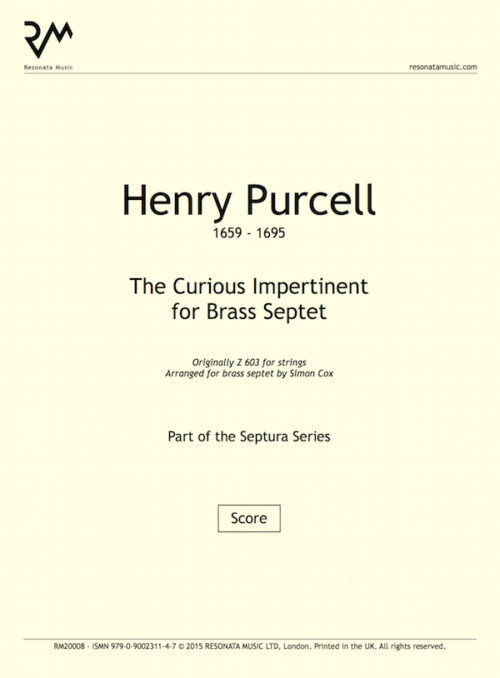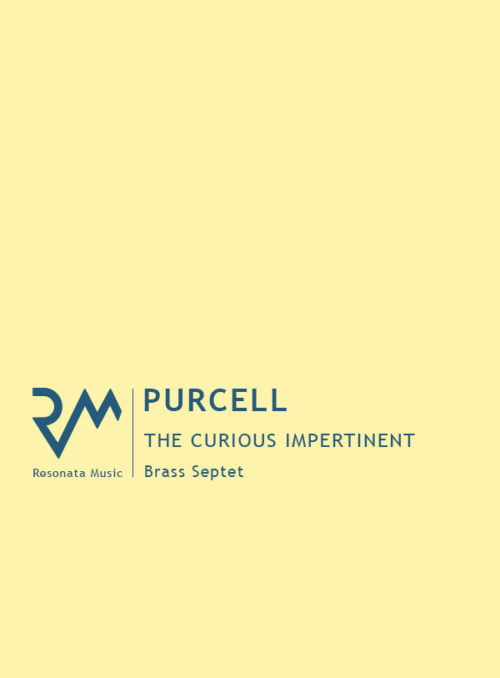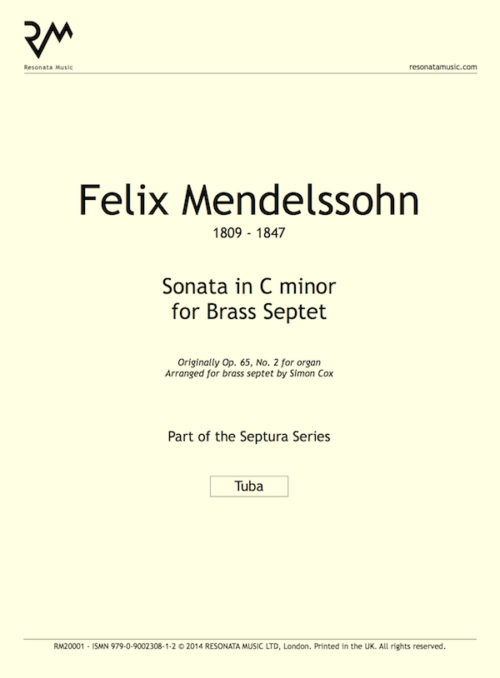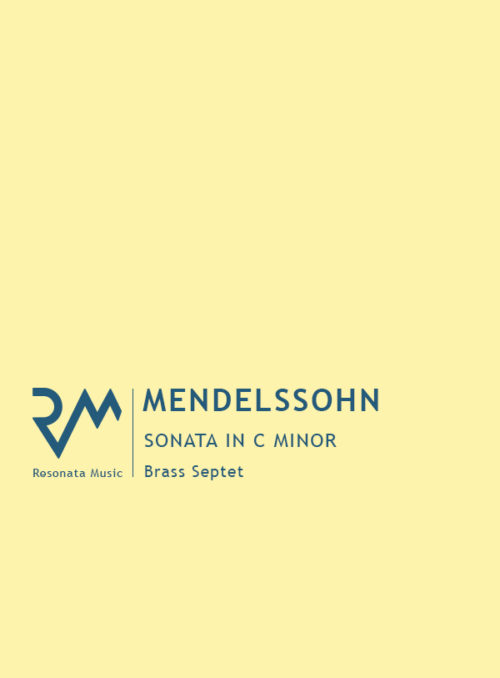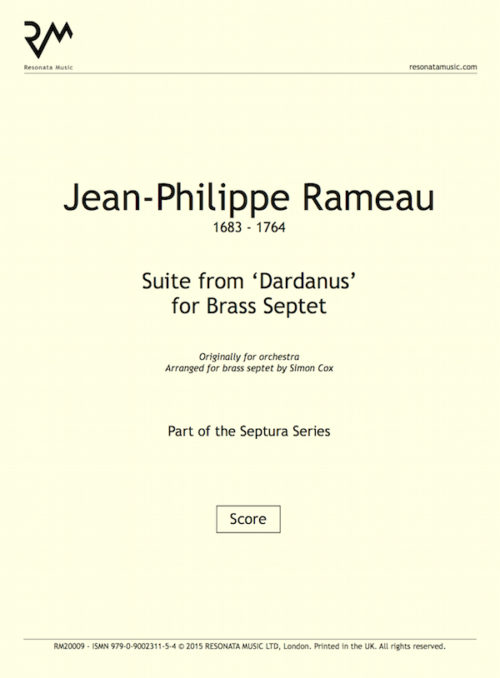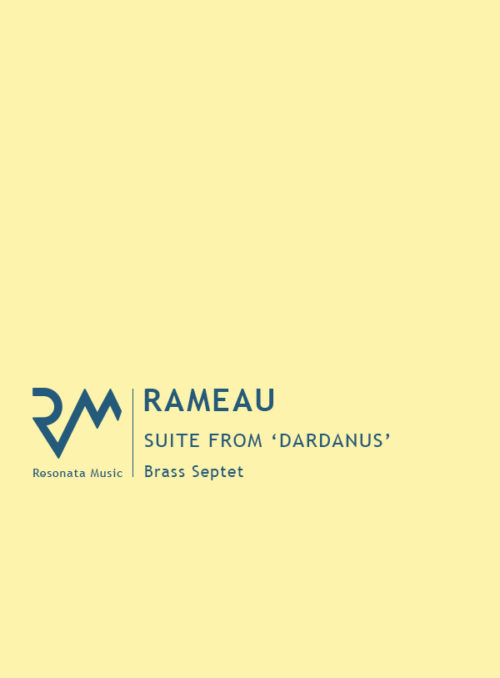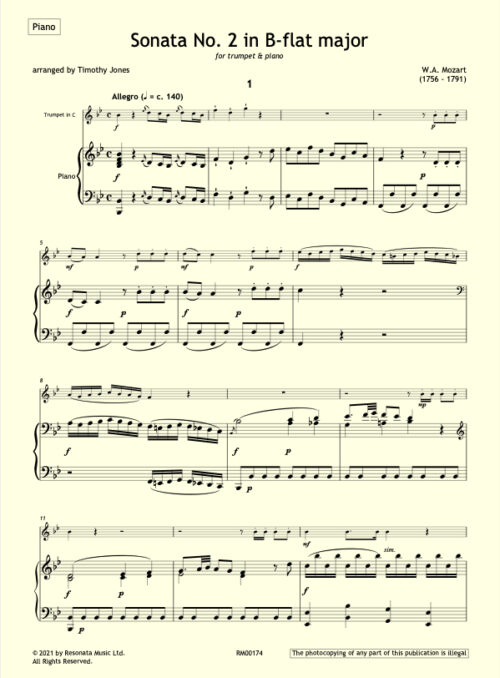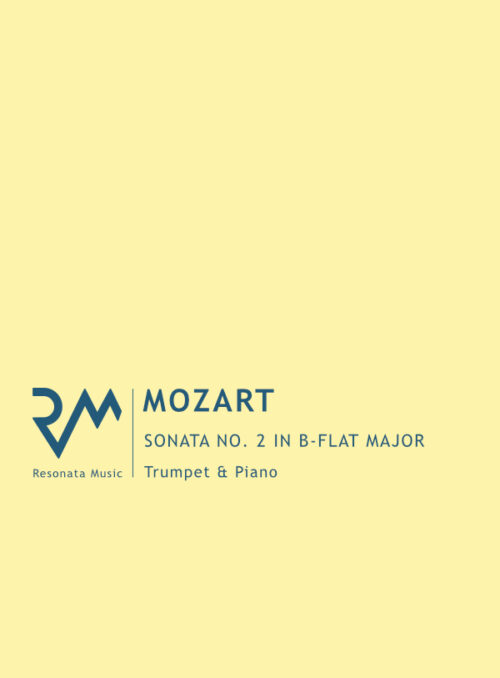Description
For Parry, who had devoted his life to the German musical tradition, the First World War was deeply depressing; it was, in the words of Herbert Howells, ‘a scourge that cast a devastating shadow over Parry’s mind and heart’. And in the introspective Songs of Farewell, composed between 1916 and 1918, it is also clear that Parry sensed that he was close to death. As he wrote on his 70th birthday, ‘I have reached the last milestone’.
Even though Parry himself labelled them motets, only the last of the six Songs of Farewell has a traditional sacred text (Psalm 39), and the rest are mostly more personal than strictly devotional. However, there is no mistaking the Christian message of Henry Vaughan’s text for My Soul, There is a Country, the first piece of the set.
Through the Songs of Farewell Parry gradually expands his forces from 4 voices to 8 in Lord, Let me know mine end, and with this expanded scoring comes greater textural variety. My Soul, There is a Country, however, is largely homophonic. Only in the setting of the final stanza does Parry introduce some imitative counterpoint for the line ‘But One who never changes’. The repetition of the previous line ‘For none can thee secure’ is thus especially striking when it returns with all 4 parts in unison, before the emphatic homophonic statements of the final tricolon.
Parts included:
- Score
- Trombone 1 (Alto)
- Trombone 2
- Trombone 3
- Trombone 4 (Bass)
Purchasing this product entitles you to download it three times. You will receive an email with a link to download your files upon completing payment.


